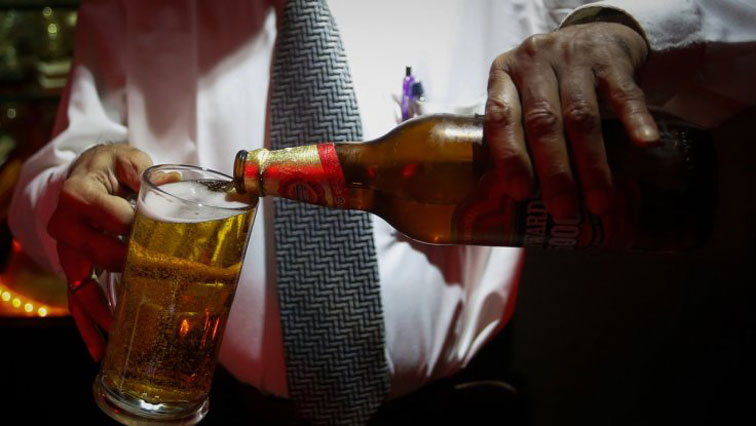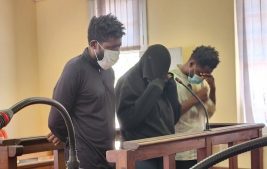South Africans are urged not to buy fake alcohol on the black market or to use hazardous chemicals in their home brews. This comes in the wake of at least two deaths in Bloemfontein caused by drinking a homemade concoction that allegedly included methylated spirits, paraffin, disprin tablets and match sticks.
Last week, police also seized fake alcohol at a Durban roadblock.
In late December, President Cyril Ramaphosa re-introduced a ban on alcohol sales as part of a battery of restrictions to slow down the spread of COVID-19.
Alcohol ban will cost jobs, increase illicit sales:
However, it seems to have thrown up another challenge.
Since the start of the lockdown in March last year, liquor brands never seen before, have been illegally sold in the country. Some were fake alcohol and others had been smuggled into the country without passing any of the specified liquor standards.
South African Liquor Brand Owners Association Chair, Sibani Mngadi, explains: “What we have noticed is that people do access pure alcohol, that is around 96% ABV and they neutralise it and fill up used bottles of branded products and sell them as genuine products to the public.”
The fake alcohol is produced on an industrial scale and sold illegally. It is not safe and can cause health problems says Dr Tiny Mhinga, a medical practitioner based in Johannesburg.
“These are highly concentrated alcohol, it’s not even monitored and you don’t even know what amount of actual alcohol is there. There’s mythanol and there’s ethanol and some of these are very toxic to your body and the first thing that they are going to hit is unfortunately your liver.”
Last week, armed criminals made off with thousands of branded alcohol bottle caps from a production facility in Durban. Authorities believe the caps are likely to be used to seal fake alcohol.
Homebrews
However, fake alcohol is not the only problem. Homebrews have also been fatal as in the case of two Bloemfontein girls, aged 20 and 24, who died after consuming a homemade concoction on New Year’s Eve. It allegedly contained soft drink, methylated spirits, paraffin, yeast, disprin tablets and even match sticks.
Dr Mhinga says these kinds of homebrews and binge drinking are risky.
“People have given it different names. There are many variants of these things. But the common threat with all of these is that it’s an alcohol that can damage your liver so quickly. Even with ordinary drinkable alcohol the ones that people are using if you could drink it everyday in huge quantities. Things such as whisky, gin, brandy and vodka that in itself can cause immediate damage to your liver that can also lead to death.”
However, not all brews made at home are dangerous, says Oscar Michael, a club owner. He says it has been part of African tradition.
“Our elderly used to do this and we normally call it scomfana. We grew up knowing it. But those people knew exactly what to put in at what measure. So it’s important that whatever that you do if you want to try it at home make sure you know exactly what you are doing. Otherwise, it will be fatal.”
Alcohol sale and distribution prohibited:






